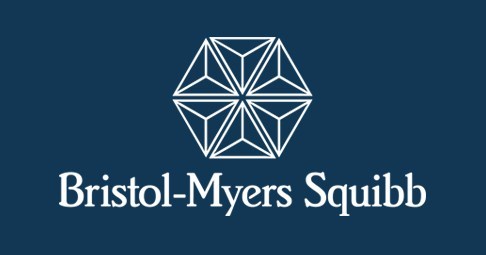
NEW YORK: Bristol Myers Squibb has successfully completed its transaction to acquire Forbius for their TGF-beta program, including its lead investigational asset AVID200, currently in Phase 1 for oncology and fibrosis.
“We are pleased to complete the transaction with Forbius and add their TGF-beta program to our growing pipeline of innovative assets,” said Rupert Vessey, M.A., B.M., B.Ch., F.R.C.P., D.Phil., Executive Vice President and President, Research & Early Development, Bristol Myers Squibb.
“We look forward to progressing the program through our exceptional research and development capabilities with the goal of helping more patients.”
Pursuant to the terms of the transaction, Forbius’ non-TGF-beta assets were transferred to a newly formed private company which is being retained by Forbius’ existing shareholders.
Davis Polk & Wardwell LLP and Osler, Hoskin & Harcourt LLP served as legal advisors to Bristol Myers Squibb.
TGF-beta isoforms 1 & 3 are believed to be central mediators of tumor microenvironment (TME). Selective inhibition of TGF-beta 1 & 3 is proposed to enhance anti-tumor efficacy by acting synergistically with immunotherapy and has broad potential as an anti-fibrotic therapy across several indications with high unmet need.
AVID200 is a highly potent and isoform-selective TGF-beta inhibitor. AVID200 neutralizes TGF-beta 1 and -beta 3 with picomolar potency. These isoforms are known to be drivers of fibrosis and tumor immune resistance. In contrast, TGF-beta 2 is a positive regulator of hematopoiesis and normal cardiac function, and blockade of TGF-beta 2 is therefore undesirable. The ability of AVID200 to selectively target TGF-beta 1 and -beta 3 positions it to be an effective and well-tolerated therapeutic in fibrotic diseases and immuno-oncology.
Bristol Myers Squibb is a global biopharmaceutical company whose mission is to discover, develop and deliver innovative medicines that help patients prevail over serious diseases.